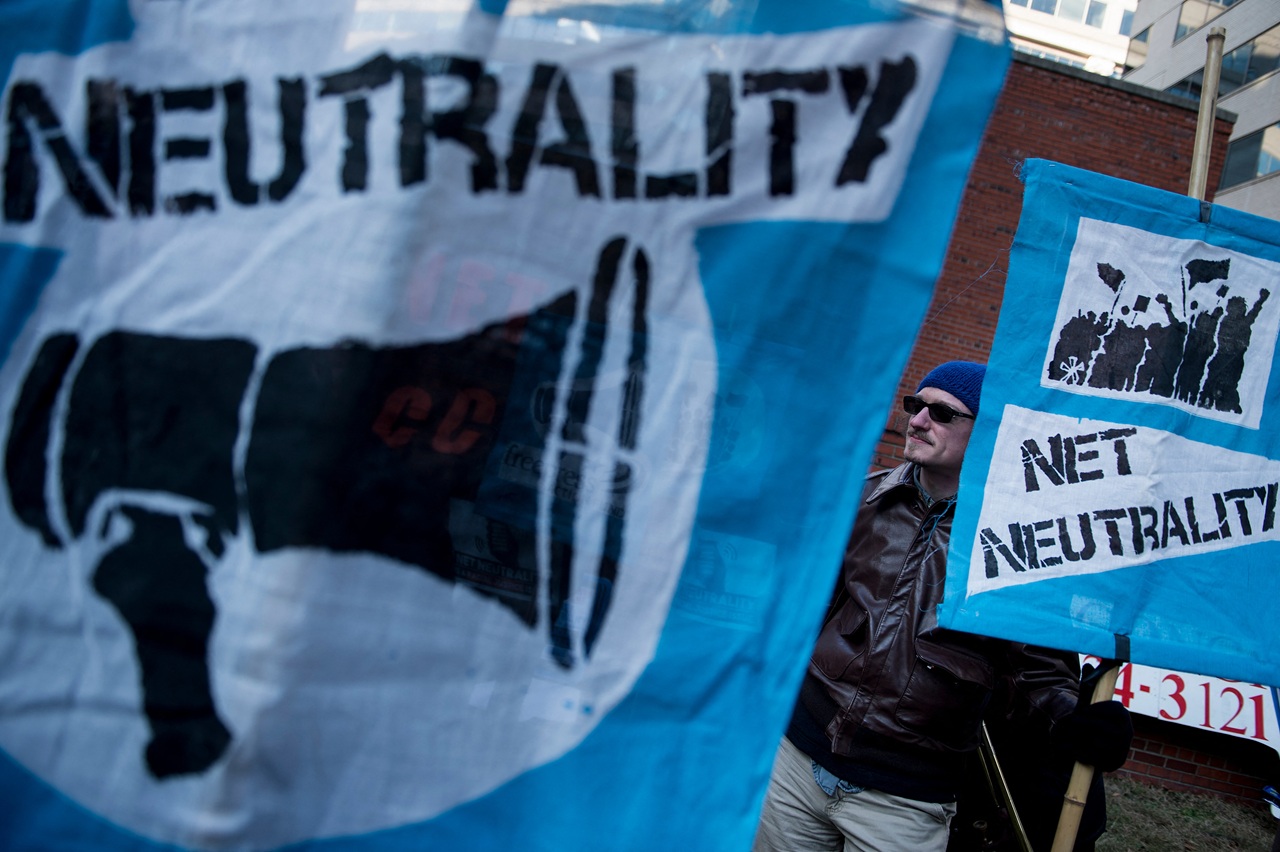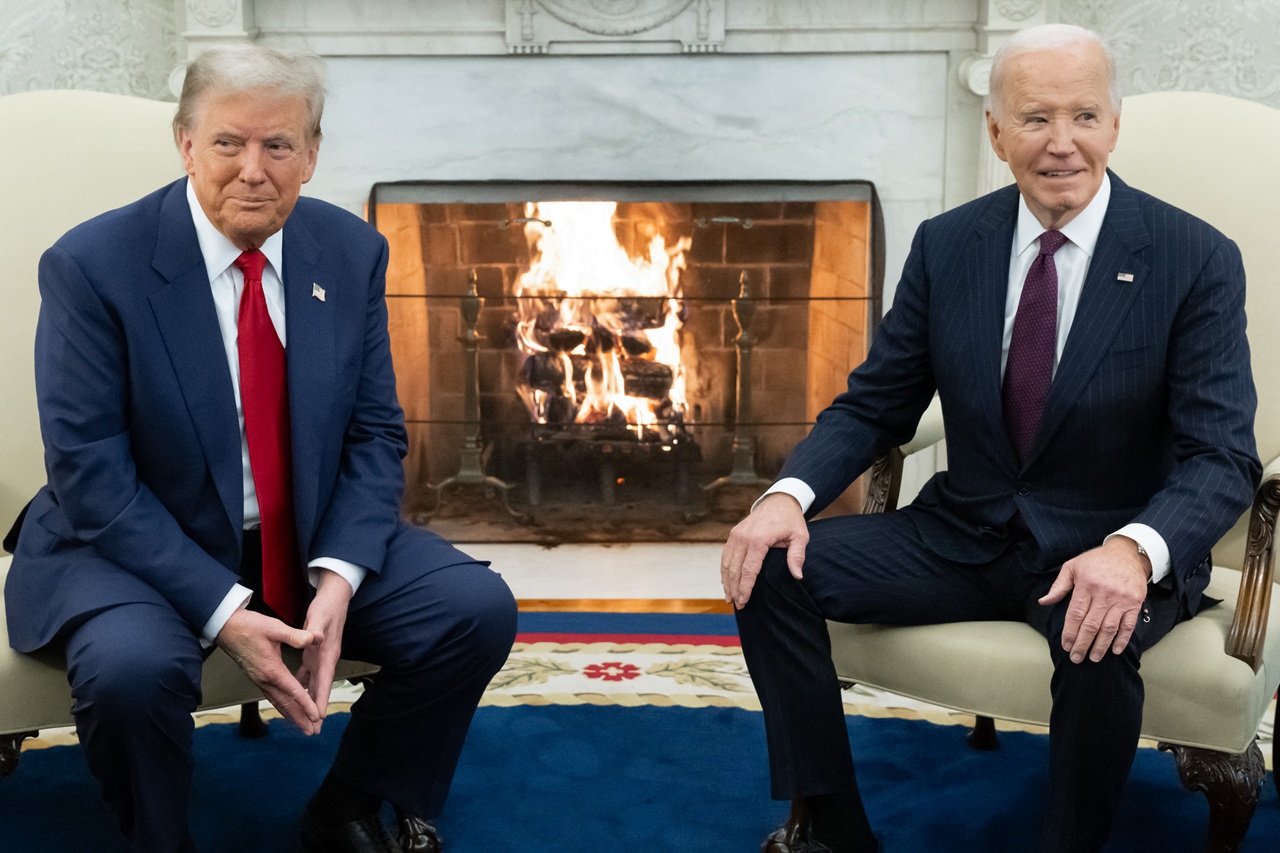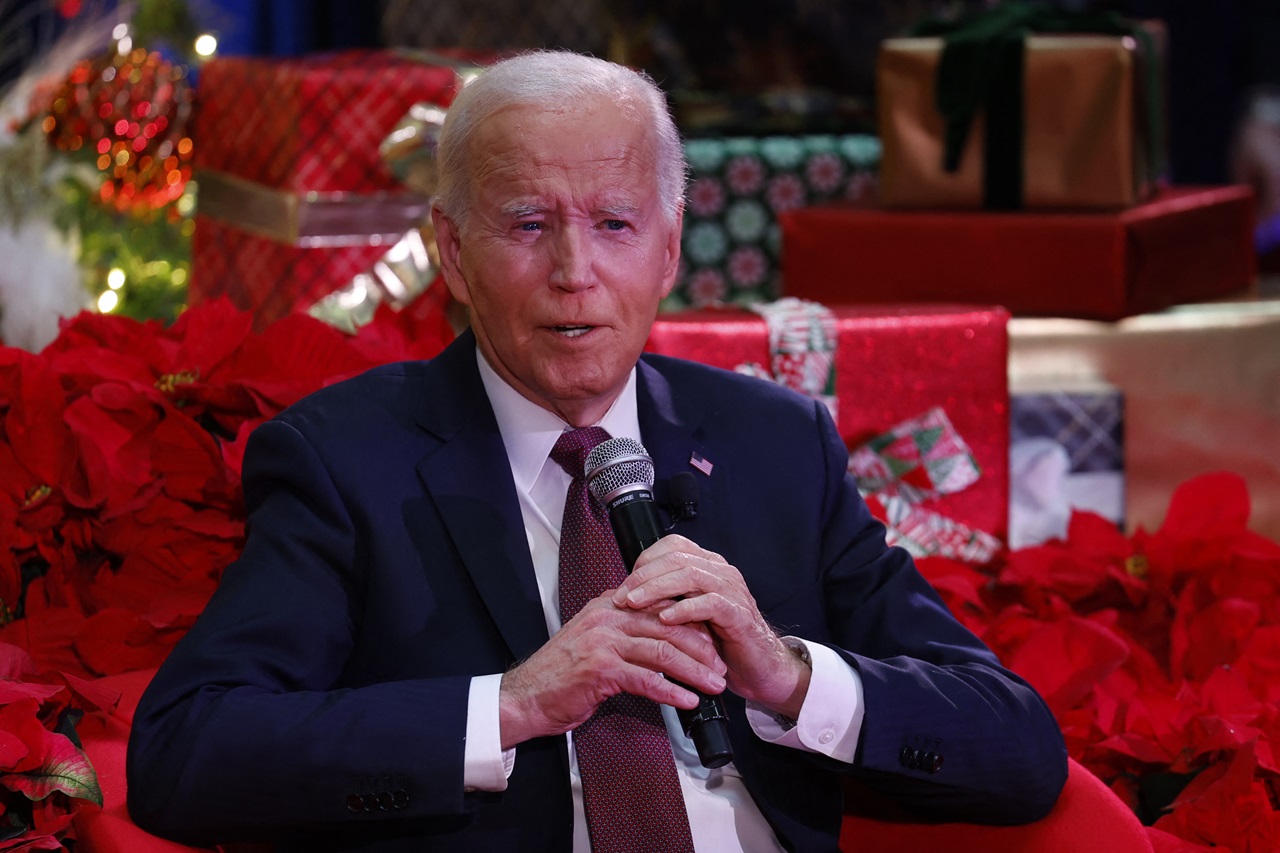
Nelson Diaz: Not for sale
For Nelson Díaz, the primary race turned out to be an opportunity to present deeply considered solutions to the city’s challenges, and to throw down the…
When the Supreme Court handed down its June 25 ruling upholding one of the enforcement tools of the Fair Housing Act, Nelson Diaz got an email.
“Thank you for pioneering the logic of disparate impact [which prevents subtle forms of housing discrimination such as exclusionary zoning and development policies that limit affordable housing],” wrote Henry Cisneros, the secretary of Housing and Urban Development for former President Bill Clinton. “Your era as HUD's General Counsel set the stage for this victory.”
“I followed your race from a distance,” Cisneros continued in his email. “As always you were a voice of conscience.”
Judge Nelson Diaz has long been engaged in defending civil rights in the public square. Most recently, he made history as the first Latino candidate on the ballot of Philadelphia’s Democratic mayoral primary.
For a man of humble beginnings whose personal history is all about overcoming bad odds and difficult circumstances, the primary race turned out to be an opportunity to present deeply considered solutions to the city’s challenges, and to throw down the gauntlet in an electoral process that ultimately disappointed him, but which, nevertheless, he says he “enjoyed a great deal.”

It’s about survival
“I got a lot of support from the Latino community,” Diaz says. “I went to the churches, they all prayed for me, they were all very good to me. Everybody was extremely warm, extremely uplifting, extremely excited.”
But the adjective he uses most frequently when talking to me about his run for office is “painful” — and this goes back to the “voice of conscience” thing Cisneros mentioned in his email.
It was deeply painful for Diaz to witness — as he went door to door in North Philly and South Philly — the extensive poverty and hardship in evidence in the Latino communities of the city, particularly the Puerto Rican community.
“I cried when I saw those folks,” he said. “They were basically just subsisting.” In fact, they reminded him of his own early years and the desperate need he felt to get out of the projects in the Bronx where he grew up, and where he began working at the age of 8.
The Puerto Rican community in Philadelphia started out migrant labor based and poor, but it is the persistence of that poverty in second generation Puerto Rican Philadelphians that etched itself profoundly in his consciousness as he campaigned in North Philly.
“If you went up and down 4th and Berks, some of those people have been in the same house maybe 50 years, in the same conditions,” he says. “They can’t care about anything but survival. That’s all it is about, survival.”
And what hurts him the most, he tells me, is that those folks feel no hope.
“There is very little hope in that part of the community. Yes, you have some professionals who are starting to move out to the Northeast. So that is becoming significant. But that community, unless they’re educated — and that’s why education is so important to me — are relegated to poverty. That is what hurts.”
Philadelphia is the third poorest city in the country, and the poorest zip code in our city —19133 — is the heart of El Barrio, where more than half the households are living at or below the federal poverty rate.
The growing Mexican community in South Philly also knows great hardship. “Their families are still not here, many of them are working, sending their money back home and it’s a tough situation,” Diaz says. But despite the difficulty of their situation, he adds, at least the sense of hopelessness is less in that community than it is among the city’s Puerto Ricans.
“Not one of (the mayoral primary) candidates has been in our communities,” Diaz tells me, not one of them understand the depth of the challenges the Latino communities face.
It’s no surprise then that the first position papers Diaz released when he was running were those that outlined social justice initiatives and an education policy focused on the public school system that has, in better days, been an instrument for leveling playing fields and providing a way out of cyclic and generational poverty.
From the beginning of his run, no matter how impressive his position papers, his qualifications or his storied history of public service, Diaz was told he had no chance of success.
“The press always said how qualified I was, how capable I was, but always said that I couldn’t win,” Diaz says. “They would say, ‘if lightning strikes is the only way you are going to win.’”
In Chestnut Hill, the community where he’s lived for the past decade or so and where he’s been a part of the Democratic ward system, he says was told “We want to beat Williams at all costs and you can’t do it.”
“Why?” he asked.
“Because the papers say you can’t do it,” was the response.
He believes that the Democrats of Chestnut Hill — which he describes as a very liberal community filled with University of Pennsylvania grads — “were looking for the great white hope.”
“I was seen as a Latino candidate and not as a candidate for the city,” he adds. “After having done incredible things for governors and presidents, all of a sudden I’m pigeonholed.”
But Diaz has long been a coalition-builder, and he believed that that by building a coalition with highly engaged African American voters in the Northwest of the city, and the Latino community, and some of the unions, he could indeed win. So that is what he set out to do.

Nelson and the machine
His plan bumped up against a bulwark of Philadelphia status quo: the political machine. Specifically John Dougherty, the business manager for the International Brotherhood of Electrical Workers (IBEW) Local 98, and political kingmaker, who supported former city councilman Jim Kenney — the candidate who would ultimately win the primary.
“The unions came to us, approached us and wanted to be with us,” Diaz says “AFSCME 33 (the largest municipal workers’ union in Philadelphia) wanted to endorse me. There was a woman, Yvonne Sutton and a guy, Frank something-or-other — one of local guys — and they had the votes for me, 12 to 3. But Pete Matthews (the president) postponed the election until he could get his suburban members to stop the vote.”
“It was really a very organized, incredible plan by Dougherty to force the unions to be in one place,” he says.
There was never any question that Diaz would have the support of the Latino voter behind him, or that his candidacy would bring people in the Barrio out to vote for the first time or for the first time in a long time. There was a lot of pride in the community about the Puerto Rican judge’s candidacy, and a uniformly high opinion of his character and his achievements. Diaz had, in fact, been asked to run by a remarkable group of leaders of non-profits in the community: Esperanza’s Rev. Luis Cortes; the Salvation Army’s Rev. Bonnie Camarda; Norris Square Civic Association’s Pat DeCarlo and APM’s Nilda Ruiz.
So Dougherty got busy brokering deals with the politicians in el Barrio.
“I believe that because of the Dougherty relationships with Ángel Cruz, Tartaglione and Carlos Matos —who was a convicted felon, by the way — they had met already with Dougherty and with Kenney even before they gave me the shakedown,” Diaz says. “They thought I was dumb enough not to know that.”
In the “shakedown” Diaz refers to, the leaders of Latinos United for Political Empowerment (LUPE) asked Diaz for $102,000 to fund a joint get-out-the-vote campaign for him and 7th council district candidate Manny Morales, who they hoped would unseat incumbent Maria Quiñones-Sánchez. If Diaz didn’t contribute, he was informed, LUPE would drop its endorsement of him and endorse a candidate willing to make the deal.
Diaz — who had at one point supported Morales but had publicly asked Morales to withdraw from the race when that candidate’s racist, homophobic and anti-immigrant postings on Facebook came to light — refused. LUPE switched their endorsement from Diaz to Kenney.
“I’m not willing to sacrifice my integrity for the sake of winning an office,” Diaz says.
That integrity cost him.
“There was a lot of intimidation of people who were trying to vote for me,” says Diaz, who estimates he went to at least 20 polling places on primary day.
“They took all my literature down. They told some people that the election was not for me now, that (my election) would take place some other time, in November. And they intimidated folks within (the polling places). They would ask them, ‘Are you voting for Manny or are you voting for the other one?’ If a person said they were voting for Manny, they were welcomed in; if not, there was intimidation.”
“It’s sad,” he adds, “(First-time or infrequent voters) are scared in the first place to go into a polling place, not knowing what to do, but then to be intimidated by someone like that ....”
The campaign finance reports filed long after the primary was over confirm Doughterty’s reach into Barrio politics. The IBEW contributed modest amounts to the non-Latino 6th, 13th and 65th wards ($2,000; $4,000 and $5,000, respectively), but gave a mind-boggling $25,000 gift to the 19th ward executive committee chaired by Matos, another $25,000 gift to the 7th ward’s Friends of Ángel Cruz, and yet another $25,000 to Friends of Leslie Acosta — all of them LUPE members.
But even with the unprecedented IBEW money dumped into Matos’ and Cruz’s coffers four days before the primary election, Morales lost, and Kenney bested Diaz by a mere seven percentage points in the four predominantly Latino wards.
“Whenever you have a low turnout, the machine always controls” the outcome, Diaz says.
Voter turnout for the May 19 primary was, indeed, extraordinarily low, and although the Latino voter turnout was slightly higher than it has been in past years, it still speaks to a community that feels disempowered by city politics and, sadly, by their own politicians.
“The fight between the two candidates in the community left a bad taste in many of the folks,” Diaz tells me. “Maria was really, really, criticized heavily ... and the fact that (Morales) was a bigot and homophobic was a real issue. But as you can see, Dougherty didn’t care. All he cared about was the fact that he brought in his candidates, despite whatever. He got the Supreme Court, with his brother. He got city council. He worked out a deal with the Northwest, for Cherelle Parker and for (Derek) Green. So he’s got two more people he has some control over, and he will have the mayor’s office now.”
“So the question is, who won?” he continues.
“I think the guy who really won is Dougherty, who essentially is the controlling figure. And he’s part of the party, he’s the treasurer of the party, and so that’s the machine.”
When I ask Diaz if he might consider running for office again, he says no. If the Latino community desperately needs an honorable and well-respected leader like him, and if he won’t run again, who does he think might step up?
”Maria (Quiñones-Sánchez) is intelligent, and I think (Leslie) Acosta is intelligent. I think those two — who happen to be women — tend to be the ones who have a better vision, education and capacity,” he says. “Both of them don’t like each other, so it’s really tough. But both of them have what I think to be potential — if they don’t get like the other folks, who essentially sell their souls.”

Bringing Latinos to the C-Suite ... in business, in politics and in life
Now, nearly two months after the primary, Diaz will be assuming the role of president of the National Foundation for Credit Counseling, which focuses its work on economic literacy. He is also serving as the secretary of Latino Corporate Directors Association, where he is determined to help build and promote diversity within C-Suites across the nation. Diaz is continuing his work with White House Fellowship program, and will stay on as long as Obama is in office. He might also write a book about the Puerto Rican migration, and practice a little law in his spare time...
There is also the Latino civil rights chair at Temple Law School which Diaz established and is working on endowing. It’s been a labor of love for the past six years, and when he retired from the Board of Exelon prior to his political run, his retirement money became the seed of the endowment. It has $800,000 currently, and needs about “a mil and a half.”
The endowed chair is important, he tells me, because “it is about educating the future generations. Young people will realize that Latinos have helped in the civil rights movement ... and there are benefits that other communities have derived from our efforts.” Diaz hopes that the endowed chair will bring eminent legal scholars to the law school which is his alma mater, and where he started the first Latino and African American law student associations.
But what he really wants focus his attention on now, he says, is making a difference in the Latino community nationally, where he believes he can have a better impact. Sixty percent of the contributions to his campaign came from national sources, only 40 percent were local. “I guess you’re never a prophet in your own land,” he jokes.
He hasn’t decided yet whether he’ll become involved in Hilary Clinton’s campaign, nor is he certain the National Democratic Committee will reach out to him to do so. Had he become mayor of Philadelphia, he would have had an important part to play for Democrats nationally, especially in Florida where the Puerto Rican population is greater than on the island itself, and where Republicans Jeb Bush and Marco Rubio have homefield advantage.
From the get-go Diaz has a simple suggestion that could radically boost Latino voter turnout nationwide: change the election day. “Why are elections on a Tuesday?” he asks. “Why not make it on a Saturday, a Sunday? The Tuesday election day makes it really difficult for those who are working two jobs to cast a vote.” And a large number of lower-income Latinos work at least two jobs. By 2020 — “if the immigration issue is resolved” — Diaz believes Latinos will be 20 to 25 percent of the voting population in the Democratic party.
And despite his talk of national politics, he returns, at the end of our conversation, to Philadelphia and its Latinos.
He hopes people heard him when he talked about moving incentives and tax abatements out of Center City and into the neighborhoods, where they are really needed.
He hopes people understand you can’t talk about charter schools until you make the public schools functional.
He hopes that more than just lip service is paid to environmental impacts that are borne disproportionally by the poor in neighborhoods like West Philly and North Philly.
“I’m not a politician,” he tells me, “so I want to see things done.”
“I believe it is important (for Latinos) to have a political relationship and coalition with the African American community, because there is more shared understanding with that community than with the white community. And right now, of our Latino elected officials, the only one with a relationship to the African American community is Maria.”
“I believe in eight to 16 years the Mexican-American population will be a significant population here,” Diaz says. “And because I ran, there won’t be any question then of ‘can anybody run and make it happen?’”
Corrected at 1:48 to fix a translation omission.










LEAVE A COMMENT:
Join the discussion! Leave a comment.